Astronaut and Maine native Jessica Meir has been inducted into another hall of fame.
Meir, who grew up in Caribou, was inducted into the International Air & Space Hall of Fame at the San Diego Air & Space Museum on Saturday.
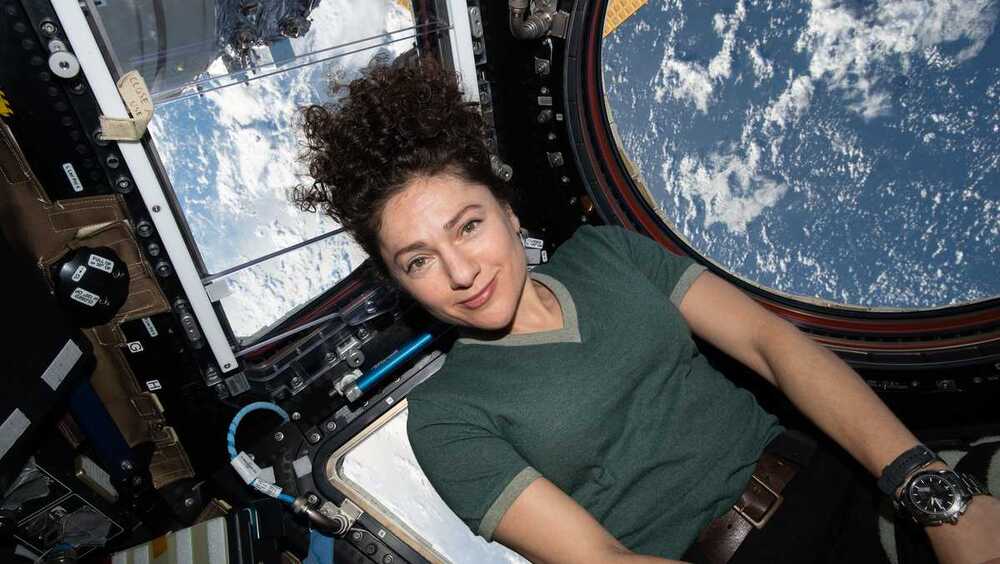

The SRI President Bernard Foing and the SRI CEO and Founder A. V. Autino are in agreement on the text of this newsletter, but not on the title(!). We decided therefore to issue it with two titles. The first one, by A.V. Autino, establishes an ideological distance from the governance model that brought the civilization to the current situation, refusing any direct co-responsibility. The title proposed by B. Foing implies that “we” (the global society) are responsible for the general failure since we voted for the current leaders. He also suggested that should “we” (space humanists) be governing, he’s not sure that we would be able to do better than current leaders, for peace and development. Better than warmongers for sure! Replied Autino. However, both titles are true and have their reasons. That’s why we don’t want to choose one…

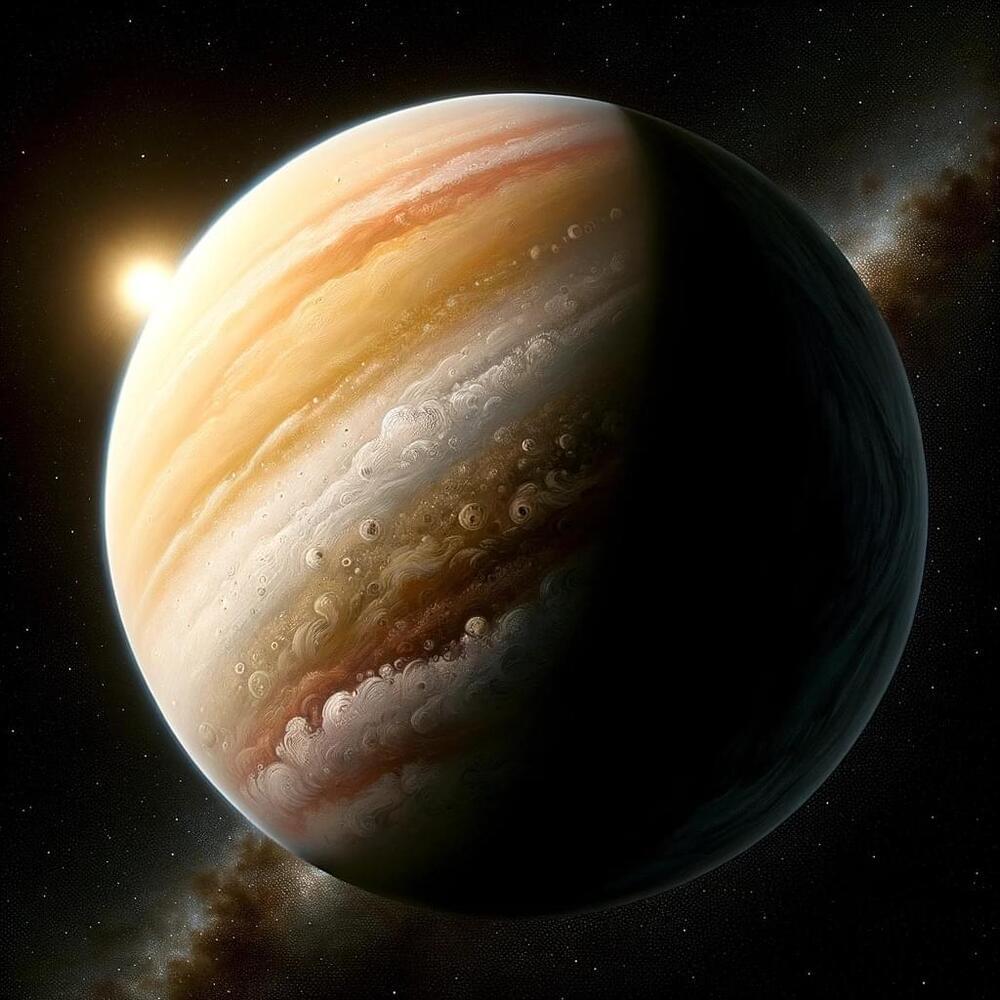
The idea of a water world, a planet covered by water, has fascinated both scientists and artists for centuries. For scientists, a water world is a planet that has a great deal of water on its surface (or beneath the surface). Some studies have suggested that exoplanets with oceans are common in the Milky Way, but we haven’t really been able to find them.
This is where GJ 1,214 b comes in.
This planet (also called Gliese 1,214 b or Enaiposha) is 48 lightyears away from Earth. It’s a “sub Neptune” or “mini Neptune.” Mini Neptunes are a type of planet less massive than Neptune but resembling Neptune in general structure and in that they lack a thick hydrogen-helium atmosphere.

One problem with a return mission to Neptune is that a flyby focused solely on that world does not provide significant bang for the buck. Without the lucky alignment available to missions in the 1970s and ’80s, we’d have to spend even more fuel to send a probe in that direction, and we wouldn’t get that much more science than we did decades ago.
The next logical step after a successful flyby mission is an orbiter, but the extreme distance to Neptune poses significant challenges. We have no clear way to haul a large enough orbiter to the Neptune system, pack enough fuel to allow it to slow down and do it all in a reasonably short amount of time.
However, researchers have shared a radical new idea for how to overcome these challenges: Use the thin atmosphere of Triton, Neptune’s largest moon, to capture a spacecraft.
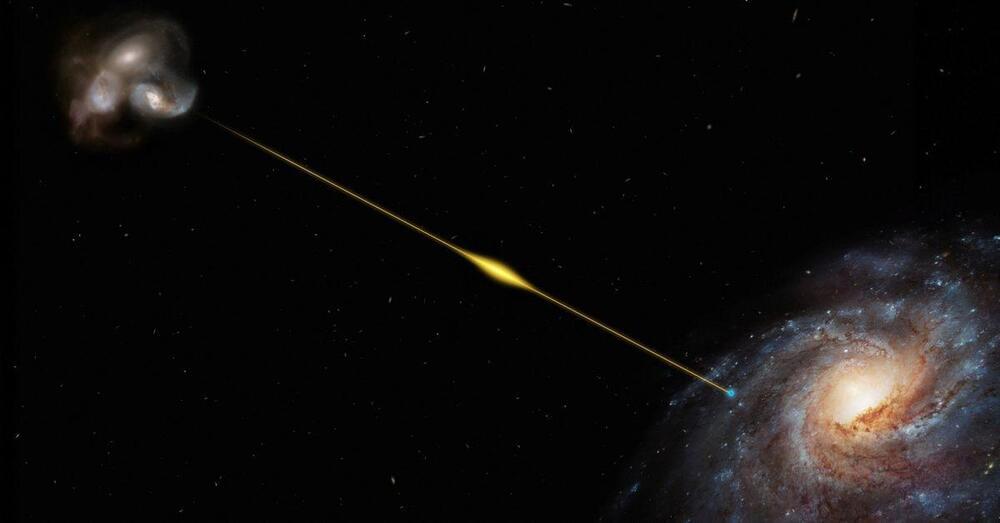
WASHINGTON, Oct 20 (Reuters) — Astronomers have detected an intense flash of radio waves coming from what looks like a merger of galaxies dating to about 8 billion years ago — the oldest-known instance of a phenomenon called a fast radio burst that continues to defy explanation.
This burst in less than a millisecond unleashed the amount of energy our sun emits in three decades, researchers said. It was detected using the Australian SKA Pathfinder, a radio telescope in the state of Western Australia. Its location was pinpointed by the European Southern Observatory’s Very Large Telescope in Chile, one of the most powerful optical telescopes.
A fast radio burst, or FRB, is a pulse of radio-frequency electromagnetic radiation. It lasts a small fraction of a second but outshines most other sources of radio waves in the universe. Radio waves have the longest wavelengths in the electromagnetic spectrum.

Ever since the 17th-century debates between Isaac Newton and Christiaan Huygens about the essence of light, the scientific community has grappled with the question: Is light a wave or a particle — or perhaps, at the quantum level, even both at once? Now, researchers at the Stevens Institute of Technology have revealed a new connection between the two perspectives, using a 350-year-old mechanical theorem — ordinarily used to describe the movement of large, physical objects like pendulums and planets — to explain some of the most complex behaviors of light waves.
The work, led by Xiaofeng Qian, assistant professor of physics at Stevens and reported in the August 17 online issue of Physical Review Research, also proves for the first time that a light wave’s degree of non-quantum entanglement exists in a direct and complementary relationship with its degree of polarization. As one rises, the other falls, enabling the level of entanglement to be inferred directly from the level of polarization, and vice versa. This means that hard-to-measure optical properties such as amplitudes, phases, and correlations – perhaps even those of quantum wave systems – can be deduced from something a lot easier to measure: light intensity.
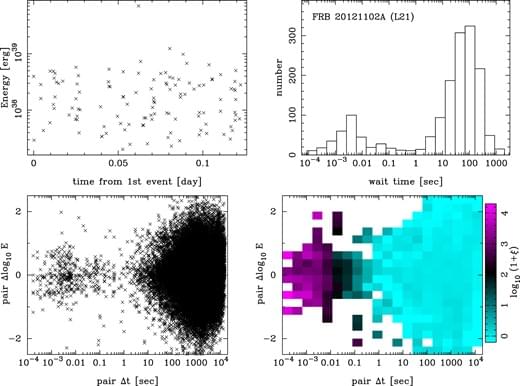
ABSTRACT. The production mechanism of repeating fast radio bursts (FRBs) is still a mystery, and correlations between burst occurrence times and energies may provide important clues to elucidate it. While time correlation studies of FRBs have been mainly performed using wait time distributions, here we report the results of a correlation function analysis of repeating FRBs in the 2D space of time and energy. We analyse nearly 7,000 bursts reported in the literature for the three most active sources of FRB 20121102A, 20201124A, and 20220912A, and find the following characteristics that are universal in the three sources. A clear power-law signal of the correlation function is seen, extending to the typical burst duration (∼ 10 msec) towards shorter time intervals (Δt). The correlation function indicates that every single burst has about a 10–60 per cent chance of producing an aftershock at a rate decaying by a power law as ∝ (Δt)−p with p = 1.5–2.5, like the Omori–Utsu law of earthquakes. The correlated aftershock rate is stable regardless of source activity changes, and there is no correlation between emitted energy and Δt. We demonstrate that all these properties are quantitatively common to earthquakes, but different from solar flares in many aspects, by applying the same analysis method for the data on these phenomena. These results suggest that repeater FRBs are a phenomenon in which energy stored in rigid neutron star crusts is released by seismic activity. This may provide a new opportunity for future studies to explore the physical properties of the neutron star crust.
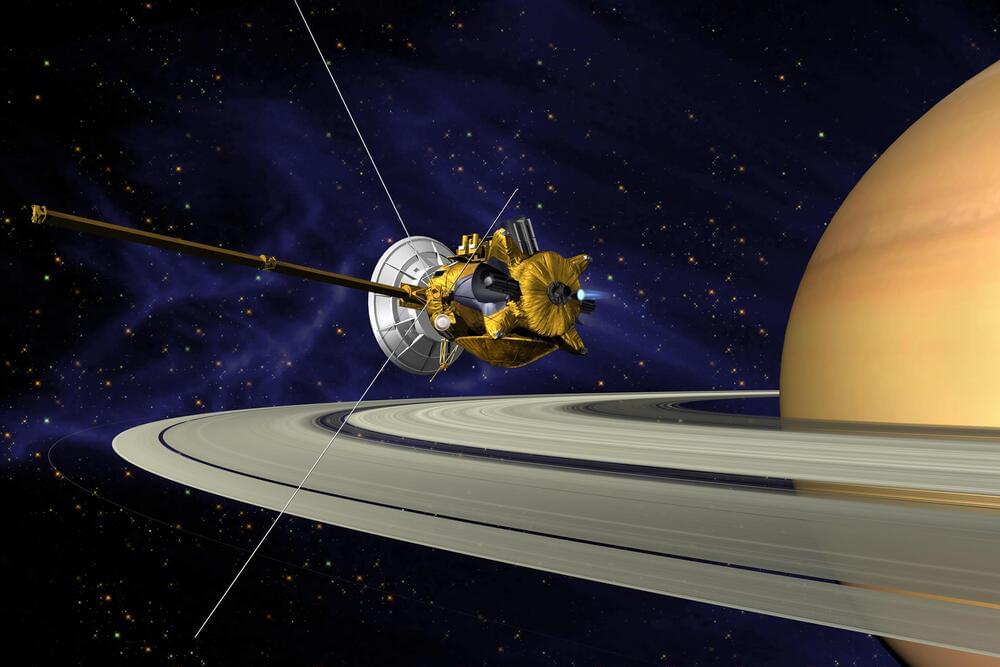
Eventually, maybe by the early 2040s, would like to see every large body in solar system, from the Sun out to Pluto to have a probe like the Cassini probe in a permanent orbit around it. So we have 24/7 live feed / study of all of them. And, ASI could run all of it by that point.
Launch and mission info for NASA’s mission exploring Saturn and its system of moons.

Astronomers are one step closer to understanding one of the most enduring solar mysteries, having captured unprecedented data from the sun’s magnetic field.
The groundbreaking data collected from the US National Science Foundation’s (NSF) Daniel K Inouye Solar Telescope (DKIST) in Hawaii—the most powerful solar telescope in the world—has provided the most detailed representations to date of the magnetic field of the so-called ‘quiet’ surface of the sun.
An international team of scientists, including researchers from the University of Sheffield, believe the data has implications for how we model energy transfer between the layers of the sun. The research has been published in Astrophysical Journal Letters.